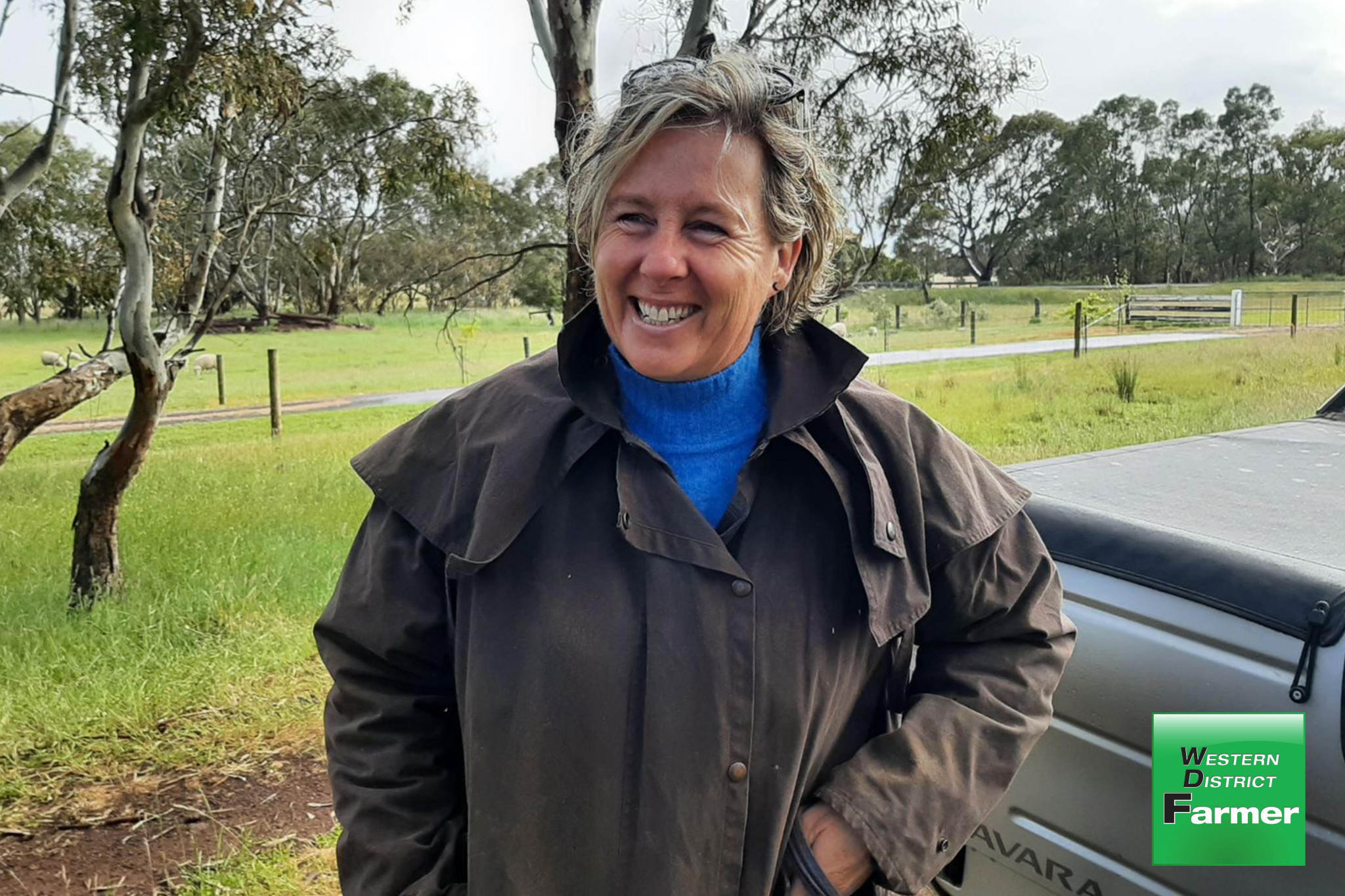Animal Health & Husbandry
1 April, 2025
Farmers unite to keep foxes at bay
A FOX control field day at Orford this month will showcase the success of a Grampians program that uses a coordinated and systematic approach to control the pest.

The free field day, hosted by Warrnambool Coastal Landcare Network, will be held on Tuesday, April 8 from 10am-2pm at the Orford Hall.
This will be the last in a series of events as part of the Partnership Against Pests program.
The Grampians Ark project has brought together landowners, government departments and Landcare groups to use a variety of fox control methods.
Guest presenter South Grampians and Environment Landcare Network facilitator Lisa McIntyre will detail how this coordinated partnership approach can keep foxes at bay.
Grampians Ark delivers fox control across 226,000 hectares of the Grampians National Park, Black Range State Park, Grampians State Forest and adjoining private land in partnership with the Mirranatwa and Panyyabyr Landcare groups.
Ms McIntyre, who won the Victorian Farmers Federation/Landcare Victoria Heather Mitchell Memorial Fellowship in 2024, said Grampians Ark started in 2010 to slow the movement of foxes from the Serra Range to the Victoria Range by doing control work in the valley.
Control work in the Victoria Valley includes coordinated landscape-scale fox baiting.
The baits are cleared after 10 weeks allowing other forms of control to be used, including spotlighting, fumigating, den destruction or fox cages.
“The program doesn’t preclude people who don’t want to put baits on the ground,” Ms McIntyre added.
“We know one form of control method doesn’t work as well if you don’t have other forms of control. We try to make it as easy and accessible as possible.”
Ms McIntyre described it as a more coordinated way to control foxes.
“Previously, it was fairly ad-hoc. Farmers were putting out baits but they weren’t necessarily joining up with each other or doing it at the same time.
“Because we’ve got so many people involved, along with blue gum farms, we can put out one bait per 100 hectares which reduces the amount of bait, is more efficient and effective and reduces the habit that foxes have of catching baits and storing them in dens. “
She said a coordinated and thorough approach would make sense for south-west Victoria.
“If everybody does a little bit, you can achieve a massive amount. It’s about working together for a similar goal for ecological reasons and lamb and chook survival.”
Also at the Orford field day, Agriculture Victoria’s David Blythe and Fraser Harrison will discuss emerging pest species, like feral pigs, that are making their way into the state.
Friends of Pallister’s Reserve members will discuss their experiences with fox control and demonstrate control methods.
The event will be presented by Warrnambool Coastcare Landcare Network as part of the Developing partnerships against pests in Southwest Victoria project and is supported by the Victorian Government through the Partnerships Against Pests Grant Program.
Warrnambool Coastal Landcare Network landcare facilitator Danielle Nipe said this would be the final in a series of four workshops on key pest plant and animal control methods.
To date the workshops have attracted a total of 128 attendees with the goal of improving landholder knowledge of integrated pest management methods and promoting the need for coordinated community-level control work for long-lasting results.
“We thank Agriculture Victoria, our program partners, workshop contributors, and the attendees who have turned up to improve their understanding of pest control management in the south-west,” Ms Nipe said.